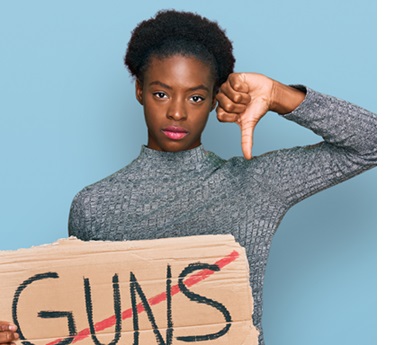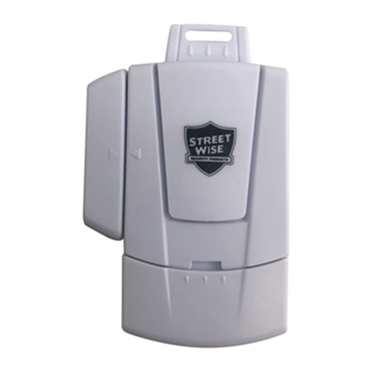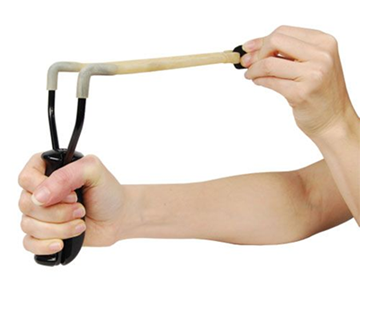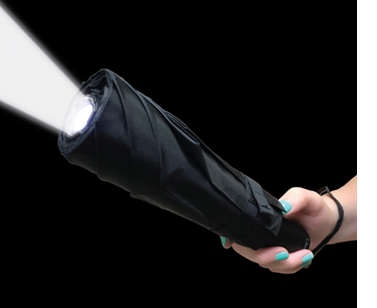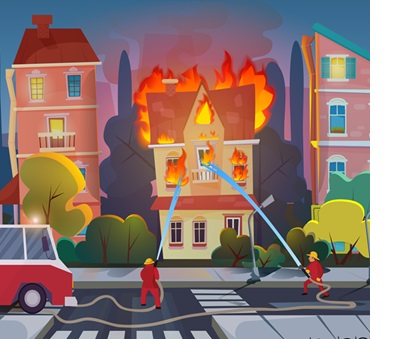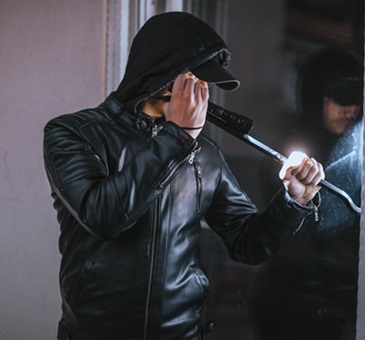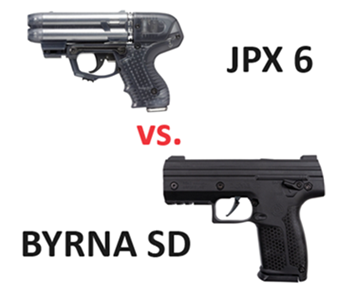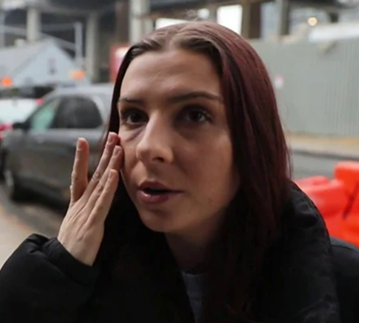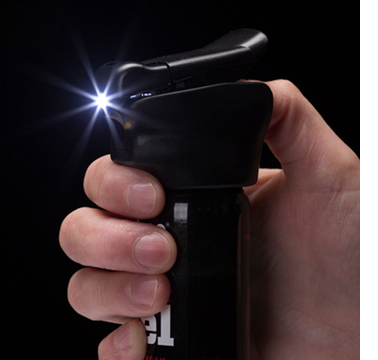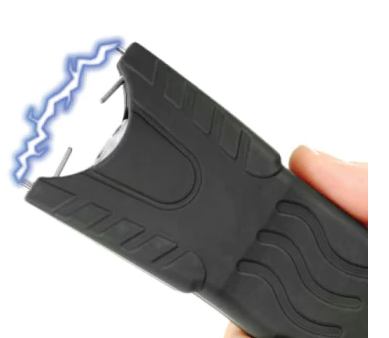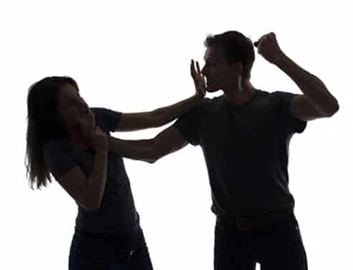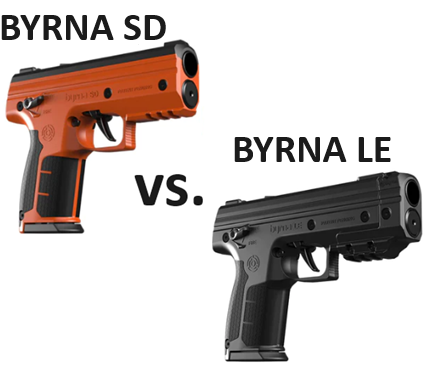Unmasking the Flaws and Racial Bias in Wrongful Convictions
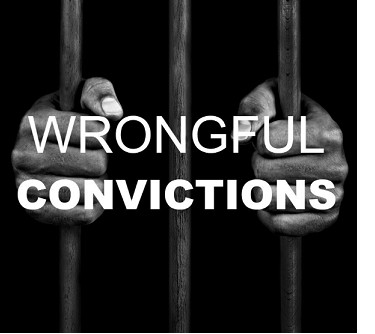 In a society that prides itself on justice and fairness, it is a chilling reality that innocent individuals can be wrongfully convicted of crimes they never committed. Although the justice system aims to protect the innocent and punish the guilty, the flaws inherent within it can lead to devastating consequences for those who find themselves caught in its grip. This blog delves into the harrowing stories and underlying causes that contribute to the wrongful conviction of innocent people.
In a society that prides itself on justice and fairness, it is a chilling reality that innocent individuals can be wrongfully convicted of crimes they never committed. Although the justice system aims to protect the innocent and punish the guilty, the flaws inherent within it can lead to devastating consequences for those who find themselves caught in its grip. This blog delves into the harrowing stories and underlying causes that contribute to the wrongful conviction of innocent people.
Eyewitness Misidentification
One of the leading causes of wrongful convictions is eyewitness misidentification. Humans are fallible, and memories can be easily influenced by external factors such as leading questions, stress, or suggestive identification procedures. Studies have shown that eyewitness testimonies are notoriously unreliable, yet they often form the cornerstone of a prosecutor's case. Innocent individuals have been wrongfully convicted based on the mistaken identifications of witnesses who genuinely believed they were recalling the truth.
False Confessions and Coercion
Surprisingly, innocent individuals may confess to crimes they did not commit. This perplexing phenomenon can arise due to various factors, including police coercion, psychological manipulation, or a desperate desire to end the stressful interrogation process. Some individuals, particularly vulnerable populations such as juveniles or those with mental disabilities, are more susceptible to providing false confessions. Regrettably, these confessions often overshadow other evidence of innocence and lead to wrongful convictions.
Inadequate Legal Representation
The importance of competent legal representation cannot be overstated in criminal proceedings. Unfortunately, individuals who cannot afford skilled attorneys may find themselves with overworked public defenders or inexperienced lawyers, diminishing their chances of a fair trial. Inadequate legal representation can lead to critical errors in strategy, failure to investigate exculpatory evidence, or the inability to challenge the prosecution's case effectively. These systemic shortcomings disproportionately impact marginalized communities and contribute to wrongful convictions.
Suppressed Evidence and Prosecutorial Misconduct
Justice relies on both sides presenting all relevant evidence to ensure a fair trial. However, cases have emerged where prosecutors, driven by personal biases or the desire for a high conviction rate, intentionally suppress evidence that may exonerate the accused. Such misconduct violates the principles of fairness and undermines the very foundation of the justice system. Innocent individuals have suffered the consequences of this unethical behavior, enduring wrongful convictions that could have been prevented.
Forensic Errors and Misconduct
Forensic science is often regarded as an objective and infallible tool in criminal investigations. However, the reality is far from perfect. Misinterpretation of evidence, flawed forensic techniques, and confirmation bias can lead to wrongful convictions. In some cases, forensic experts may overstate the significance of evidence or present misleading conclusions in court. As scientific advancements progress, reevaluating past convictions based on outdated or discredited forensic methods becomes essential to rectifying past injustices.
Post-Conviction Exoneration and the Fight for Justice
Fortunately, advancements in DNA technology and the emergence of organizations dedicated to overturning wrongful convictions have shed light on the problem. Post-conviction exonerations have revealed a startling number of innocent individuals languishing in prisons. These stories highlight the need for continuous reforms in the justice system, including improved investigative techniques, enhanced training for law enforcement, and greater access to legal resources for the accused.
Racial Bias
Racial bias is a significant issue that has been widely documented and acknowledged within the criminal justice system. Numerous studies and data indicate that people from racial and ethnic minority backgrounds are disproportionately affected by wrongful convictions and biases at various stages of the criminal justice process.
One area where racial bias manifests is in policing and law enforcement practices. Research has consistently shown that people of color, particularly Black individuals, are more likely to be stopped, searched, and arrested compared to their white counterparts, even when controlling for factors such as crime rates or neighborhood demographics. This over-policing and profiling can increase the likelihood of false accusations and wrongful convictions.
Eyewitness misidentification, a leading cause of wrongful convictions, can also be influenced by racial bias. Studies have revealed that witnesses, both consciously and unconsciously, tend to be more prone to misidentify individuals of a different race. This bias can lead to innocent people from racial minority groups being mistakenly identified and convicted.
Moreover, racial disparities exist in access to quality legal representation. Marginalized communities, often due to socioeconomic factors, may be more likely to rely on under-resourced public defenders, resulting in inadequate legal representation. This disparity can contribute to wrongful convictions due to the lack of effective defense strategies or failure to challenge biased evidence presented by the prosecution.
Sentencing disparities further highlight racial bias within the criminal justice system. People of color, especially Black and Latino individuals, tend to receive harsher sentences for the same offenses compared to white defendants. This disparity persists even when controlling for factors such as prior criminal records or the severity of the crime, suggesting systemic racial bias in sentencing decisions.
Additionally, racial bias can influence jury selection and trial outcomes. Studies have indicated that racial composition and biases among jurors can impact decision-making, potentially affecting the fairness of the trial process. Biases held by jurors, whether implicit or explicit, can undermine the presumption of innocence and lead to wrongful convictions.
Addressing racial bias in the criminal justice system requires comprehensive reforms and a commitment to equity and fairness. This includes implementing implicit bias training for law enforcement officers, ensuring diverse juries, promoting equal access to quality legal representation, and actively combating systemic racism within all aspects of the justice system. Efforts should also focus on developing community-based alternatives to incarceration and fostering trust between law enforcement agencies and marginalized communities.
Recognizing and addressing racial bias is essential to ensuring a more just and equitable criminal justice system. Efforts to mitigate bias, promote accountability, and embrace diversity are vital steps toward preventing wrongful convictions and achieving true fairness for all individuals, regardless of their race or ethnicity.
How many people are innocent in prison?
Estimating the exact number of innocent people currently in prison is a challenging task due to the inherent difficulties in identifying and proving cases of wrongful conviction. However, various studies and organizations have provided estimates based on available data. It is important to note that these estimates may vary and are subject to ongoing research and developments in the field.
The Innocence Project, a nonprofit organization dedicated to exonerating wrongfully convicted individuals through DNA testing, reports that as of September 2021, they have successfully exonerated 389 people in the United States. This figure represents only a fraction of the total number of wrongful convictions, as DNA evidence is not available in every case.
A study published in the Proceedings of the National Academy of Sciences in 2014 estimated that approximately 4.1% of those sentenced to death in the United States are innocent. Extrapolating from this figure, it can be inferred that a significant number of innocent individuals may be serving time for non-capital offenses as well.
Other research, such as the National Registry of Exonerations, which tracks all known exonerations in the United States, has identified over 2,800 exonerations since 1989. While this number provides valuable insights, it should be noted that not all cases of wrongful conviction come to light or result in exoneration.
Additionally, studies examining specific jurisdictions or groups, such as wrongful convictions related to arson cases, have revealed significant instances of innocence being punished. The Northwestern University School of Law's Center on Wrongful Convictions estimated that arson-related wrongful convictions may comprise as much as 10% of all wrongful convictions in the United States.
While it is challenging to provide a precise estimate of the number of innocent people in prison, these studies and ongoing efforts to identify and rectify wrongful convictions underscore the fact that it remains a deeply concerning issue within the criminal justice system. Continued research, increased awareness, and reforms aimed at improving the accuracy and fairness of legal proceedings are necessary to prevent the incarceration of innocent individuals.
What changes are needed?
The wrongful conviction of innocent individuals remains a tragic stain on the justice system. Eyewitness misidentification, false confessions, inadequate legal representation, prosecutorial misconduct, forensic errors, and systemic biases continuously contribute to this grave injustice. Innocent lives are irreparably damaged, families are shattered, and trust in the justice system is eroded.
Addressing this systemic issue requires a multifaceted approach. Firstly, reforms must be implemented to improve the reliability of eyewitness identification procedures. This includes implementing double-blind lineup procedures, utilizing unbiased instructions to witnesses, and educating jurors about the fallibility of eyewitness testimony.
Secondly, interrogations must be conducted with utmost care and adhere to ethical standards. The use of coercive tactics and psychological manipulation must be strictly prohibited, particularly when dealing with vulnerable individuals. Recording interrogations in their entirety can provide a safeguard against false confessions and protect the rights of the accused.
Furthermore, the provision of competent legal representation for all individuals, regardless of their financial means, is crucial. Increased funding for public defenders' offices, the appointment of experienced attorneys, and the promotion of fair caseloads can help level the playing field and ensure that every defendant receives a fair trial.
Prosecutorial accountability is equally essential. Prosecutors must prioritize justice over conviction rates and be held responsible for any misconduct, including evidence suppression or failure to disclose exculpatory evidence. Stricter oversight mechanisms and clear consequences for unethical behavior can help curb prosecutorial misconduct.
Moreover, forensic science practices must be rigorously scrutinized to ensure accuracy and reliability. Regular evaluation and validation of forensic techniques, as well as adherence to established standards, can minimize the risk of erroneous conclusions. The incorporation of independent expert review and the promotion of transparency within forensic laboratories are vital to maintaining integrity in the criminal justice system.
Lastly, post-conviction review processes need to be strengthened. Timely access to DNA testing, reevaluation of forensic evidence, and the consideration of new scientific developments can help identify and rectify wrongful convictions. The establishment of conviction integrity units within district attorney's offices and the support of organizations dedicated to investigating claims of innocence can facilitate the review process.
The wrongful conviction of innocent people is a deeply troubling issue that demands urgent attention and reform. Eyewitness misidentification, false confessions, inadequate legal representation, prosecutorial misconduct, forensic errors, and systemic biases continue to undermine the integrity of our justice system. By addressing these systemic flaws, implementing reforms, and fostering a culture of accountability and fairness, we can strive towards a more just society—one where innocent lives are protected, and the guilty are rightfully held accountable. It is only by acknowledging and rectifying these grave injustices that we can restore faith in the justice system and ensure that innocence prevails over wrongful convictions.
